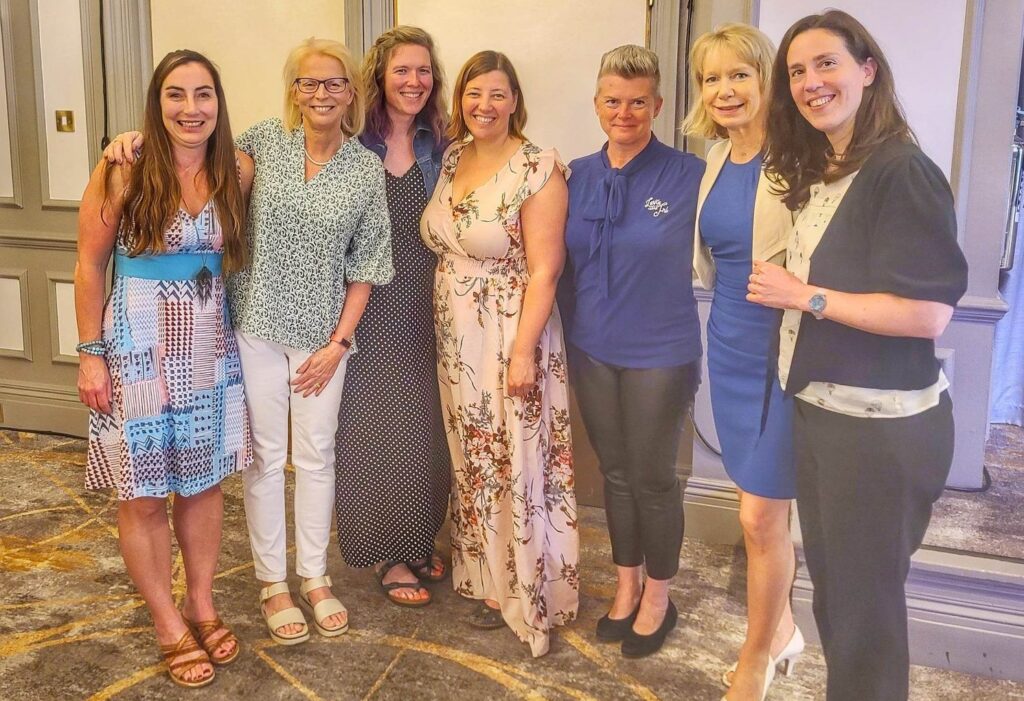
Dr. Jen Unwin, PsyD, FBPSs co-founder of Food Addiction Solutions (FAS)
Jen is a clinical psychologist who has worked for over 30 years in the NHS in the UK. She specialised in the role of hope in quality of life and was chair of the UK Association for Solution-Focused Therapy. After a lifetime of addiction to sugar and carbohydrates, she finally understood that the solution was abstinence and trained in Holistic Addiction Medicine with Heidi. They have been working together to devise and evaluate successful treatment approaches to food addiction and to raise awareness of the condition internationally. Jen’s best hopes are that treatment will be more available and that the condition of food addiction will be formally recognised.
Heidi Giaever, Founder of The Collaborative Health Community, CFK and co-founder of Food Addiction Solutions (FAS)
Heidi’s original degree was in chemical engineering. She subsequently retrained in Nutrition, Lifestyle Medicine and Holistic Addiction Medicine (HAM), following her declining cognitive and mental health during her late 30s, found to have been caused by her poor diet and struggle with sweet foods addiction. Heidi’s mission is to provide suitable platforms and further collaborate with her partners to raise awareness of food addiction and develop creative community-based initiatives to work preventatively with children and young families.
Molly Painschab, LCPC, LAC, Sweet Sobriety Co-Founder
Molly is a dual-licensed mental health and addiction counsellor specializing in behavioural change using Solution Focused Brief Therapy (SFBT), Cognitive Behavioural Therapy (CBT), and Motivational Interviewing (MI). Molly is passionate about empowering individuals with self-determination on their healing journey. Her best hope is to continue advocating for marginalized individuals to receive the services required to overcome disordered eating and addiction.
Clarissa Kennedy, RSW, Sweet Sobriety Co-Founder
Clarissa possesses expertise and practical experience across multiple therapeutic approaches, including Cognitive Behavioural Therapy (CBT), Mindfulness-Based Interventions, Dialectical Behaviour Therapy (DBT) tailored for Eating Disorders, and Motivational Interviewing. Having navigated her journey of recovery from food addiction, she aims to raise awareness about this disorder, help distinguish it from eating disorders, and highlight how addressing it can help support recovery from other substance use disorders.
In today’s Episode:
- How we got here
- What the consensus process consists of
- What we are most excited about
- How the Consensus work ties into the Food Addiction Recovery Clinical Study
- Next steps
- The International Food Addiction Consensus Conference